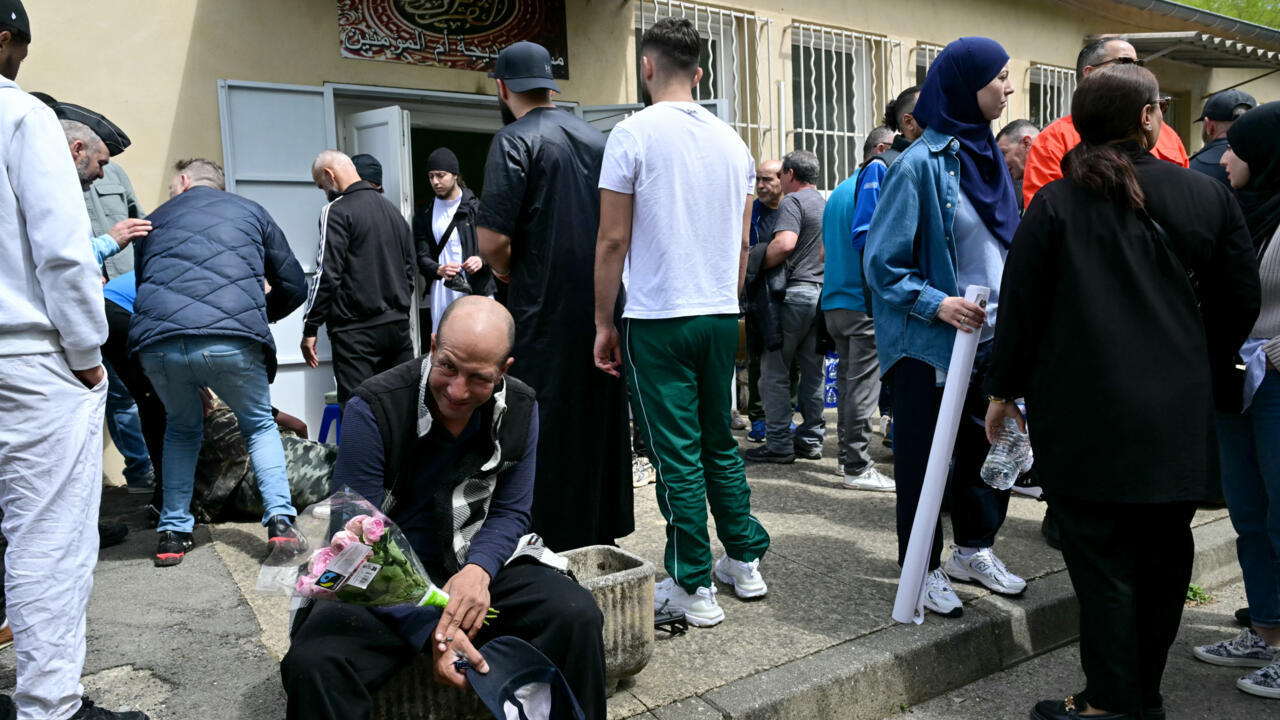Macron Condemns Hate: France Stands United Against Mosque Murder

In a powerful statement addressing recent tensions, President Emmanuel Macron condemned racism and religious hatred following a shocking murder at a mosque in southern France. Speaking out against the brutal act, Macron emphasized the critical importance of national unity and mutual respect in the face of senseless violence.
The president's remarks underscored France's commitment to protecting religious freedom and combating discrimination, sending a clear message that such acts of hatred have no place in a democratic society. By directly addressing the incident, Macron sought to reassure citizens and demonstrate the government's resolve to prevent further divisive and violent acts.
The murder has sparked widespread concern about rising tensions and the need for social cohesion in France, with Macron's statement serving as a crucial call for understanding, tolerance, and solidarity across different communities.
As investigations continue, the president's words aim to calm tensions and reaffirm the fundamental values of equality and respect that are central to French republican ideals.
